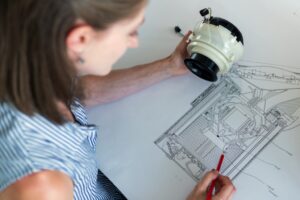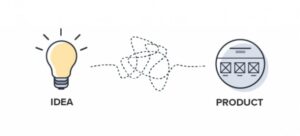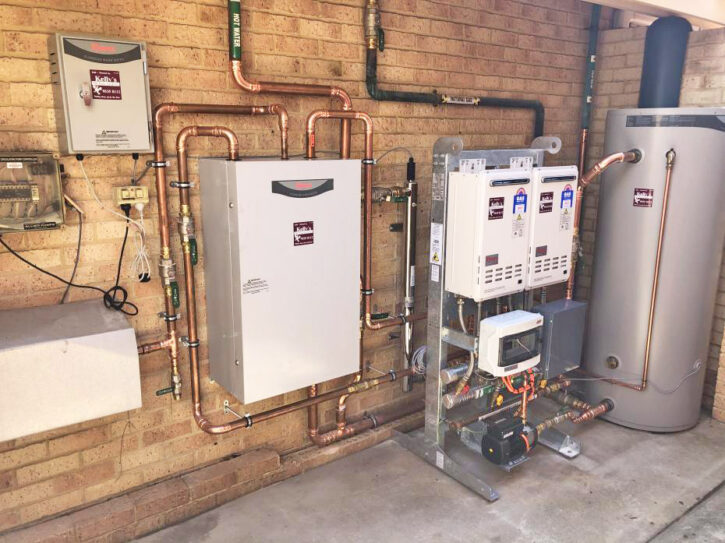
Source: kellyshotwater.com.au
Are you in need of a new hot water system, but don’t know where to start? Don’t worry, we got you covered! In this blog post, we will be exploring all the different types of hot water systems available and their benefits so that you can find the best one for your household. So read on and get ready to heat things up!
Types of Hot Water Systems
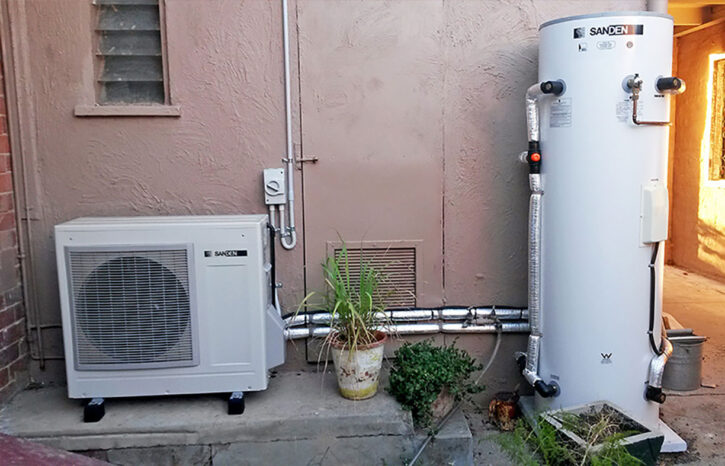
The type of hot water system you have will largely depend on where you live, how big your family is, and what budget you are working with. Generally speaking, these systems can be divided into 3 main categories: Storage Tanks, Tankless, and Heat Pump systems.
- Storage Tanks: This is the most popular form for residential purposes due to its affordability and effectiveness. These systems store and supply heated water from an insulated tank in the home.
- Tankless: Also known as demand-type or instantaneous hot water systems, tankless models provide an unlimited supply of hot water with no storage tank involved. Some advantages include reduced energy consumption due to heating only what is needed each time it’s used rather than having multiple stored tanks filled with heated water draining energy throughout the day when not in use.
- Heat Pumps: This type requires two separate units — one inside and another outside — but its considerable benefits make up for any extra equipment required for installation. Examples include using Earth’s ambient energy at night with increased efficiency during colder temperatures than most other methods could offer during winter months—as much as 2–3 times greater than other source options.
Maintenance Tips
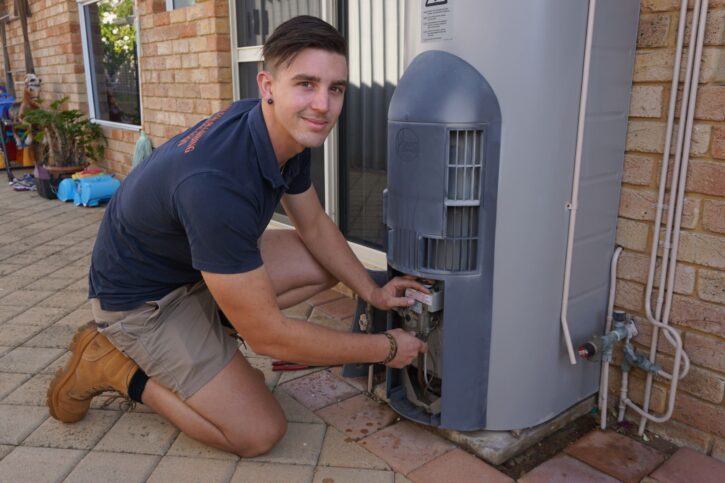
Hot water systems in Adelaide require regular maintenance in order to ensure maximum efficiency and safety. To maximize its performance, here are some tips that you should consider when caring for your hot water system:
- Remove any build-up of sediment around the tank walls and at the bottom of your storage tank as it will lead to a decrease in efficiency, causing energy costs to rise;
- Adjust the thermostat appropriately depending on the temperature of the water being used; if the temperature is too high, there is a risk of scalding or burning;
- Check hose connections and fittings regularly for signs of wear or damage as they can create potential hazards;
- Make sure all electrical components are working properly – use only licensed electricians in undertaking repairs/maintenance as required and inspect insulation levels frequently to ensure effectiveness.
- Ensure that drain valves are operational so that when it’s time to service or replace the unit, draining is made easy; this will reduce downtime due to servicing/replacement requirements;
- Keep combustible substances at a safe distance from any hot water installations so as not to increase the fire risk associated with hot water systems such as tankless models where an open flame is present.
Conclusion
There are a lot of different hot water systems on the market these days, and it can be tough to decide which one is right for you. But by taking the time to understand the different types of systems and their advantages, you can make an informed decision that will save you money and give you the best possible performance. Thanks for reading.


